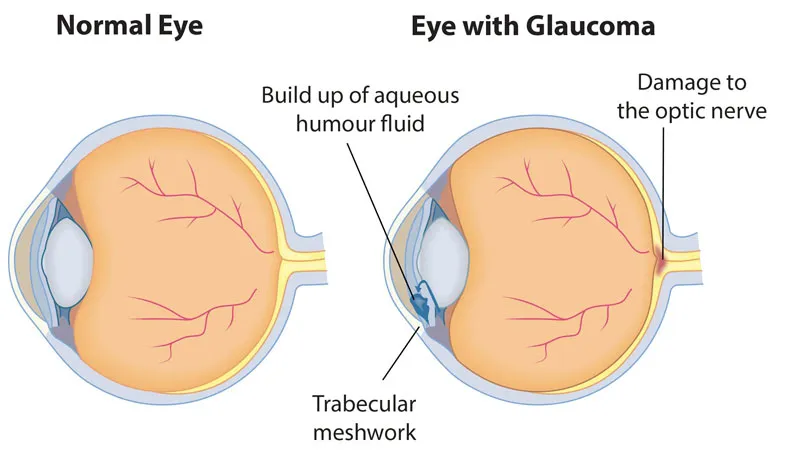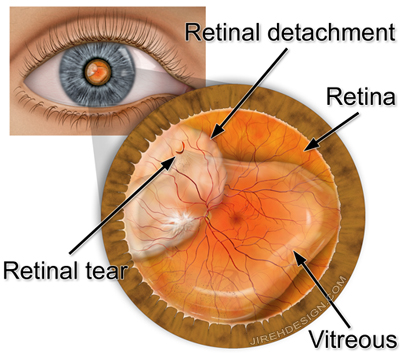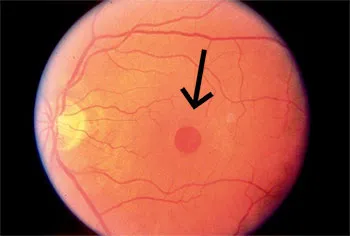Glaucoma can have a significant impact on an individual’s quality of life in various ways:
Vision Loss: Glaucoma is often referred to as the “silent thief of sight” because it can progress slowly and without noticeable symptoms until the later stages. As the condition advances, peripheral vision is typically affected first, leading to tunnel vision and, eventually, central vision loss. This can significantly impair the ability to perform everyday tasks.
Independence and Mobility: The loss of peripheral vision can make it challenging to navigate and be aware of one’s surroundings. Tasks such as driving, walking, and even simple activities like reading or cooking may become difficult. This can impact an individual’s independence and overall mobility.
Emotional Well-being: Coping with the diagnosis of a chronic eye condition and the potential for vision loss can be emotionally challenging. Anxiety, depression, and feelings of frustration or helplessness are not uncommon. Seeking support from healthcare professionals, support groups, or mental health services is crucial.
Social Interaction: Vision loss can affect social interactions and relationships. Individuals with glaucoma may find it challenging to recognize faces, engage in group activities, or participate in social events. This can lead to feelings of isolation and a reduced quality of life.
Employment and Productivity: Glaucoma can impact one’s ability to perform certain tasks required for employment. Jobs that involve detailed vision or driving may become difficult. This can lead to changes in career choices or, in some cases, early retirement.
Treatment Side Effects: The medications and treatments used to manage glaucoma, such as eye drops or surgery, may have side effects. These side effects can include eye irritation, redness, or systemic effects if medications are absorbed into the bloodstream. Adhering to treatment regimens while managing side effects can be challenging.
Financial Considerations: Managing glaucoma often involves regular eye exams, medications, and potentially surgery. The associated costs, including those related to assistive devices or vision rehabilitation, can be a significant financial burden.
Adaptation and Coping Strategies: Individuals with glaucoma may need to learn and adopt new strategies to perform daily activities. This can include using adaptive tools, relying on other senses, or making changes to the living environment to enhance safety and functionality.
It’s important to note that the impact of glaucoma on quality of life varies from person to person. Early detection, regular eye examinations, and effective management can help minimize the impact of glaucoma and support individuals in maintaining an optimal quality of life. Additionally, seeking support from healthcare professionals, vision rehabilitation services, and support groups can be beneficial in addressing the emotional and practical aspects of living with glaucoma.
Look no further! Dr. Vaidya, your trusted Eye Doctor in Mumbai,is here to provide comprehensive and personalised eye care solutions.




